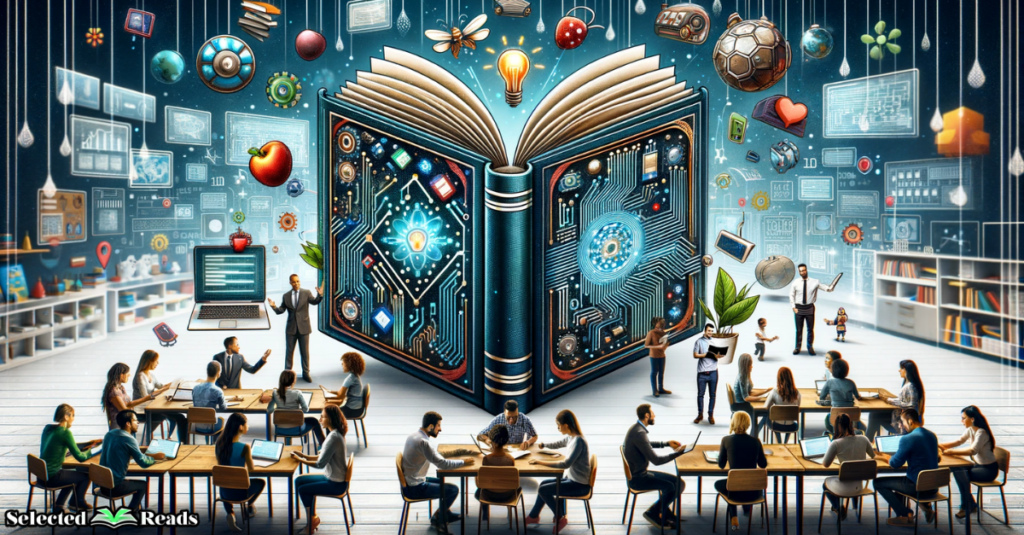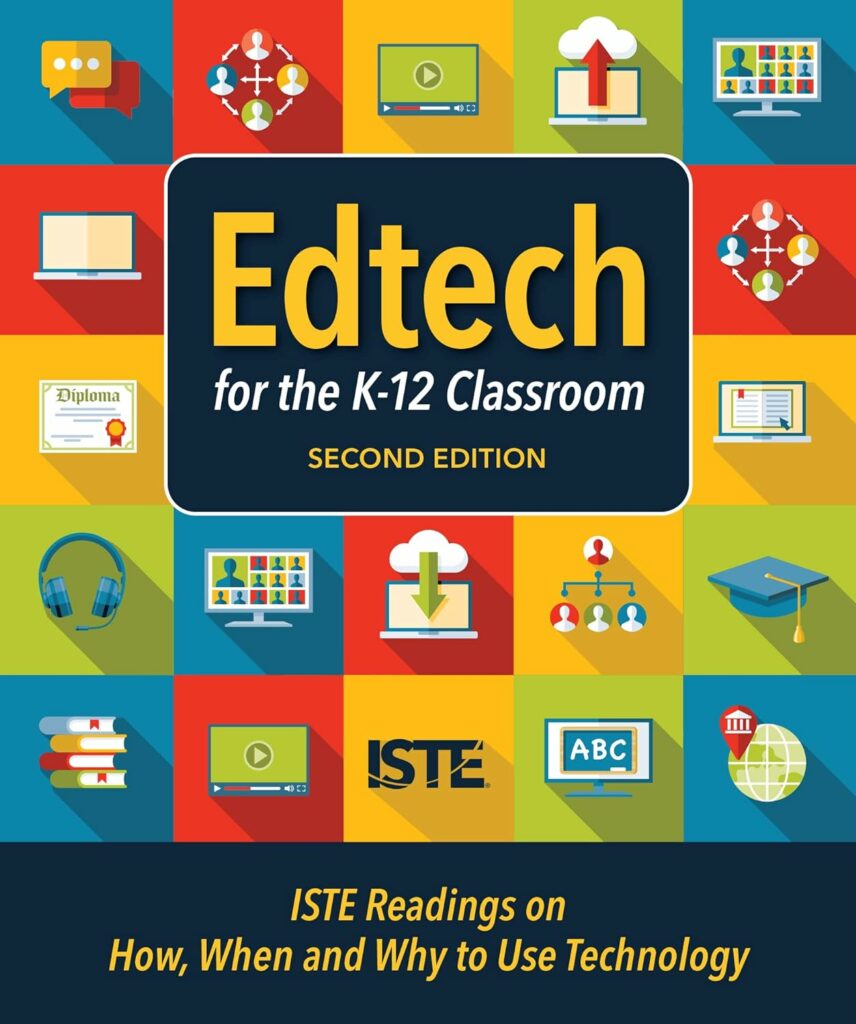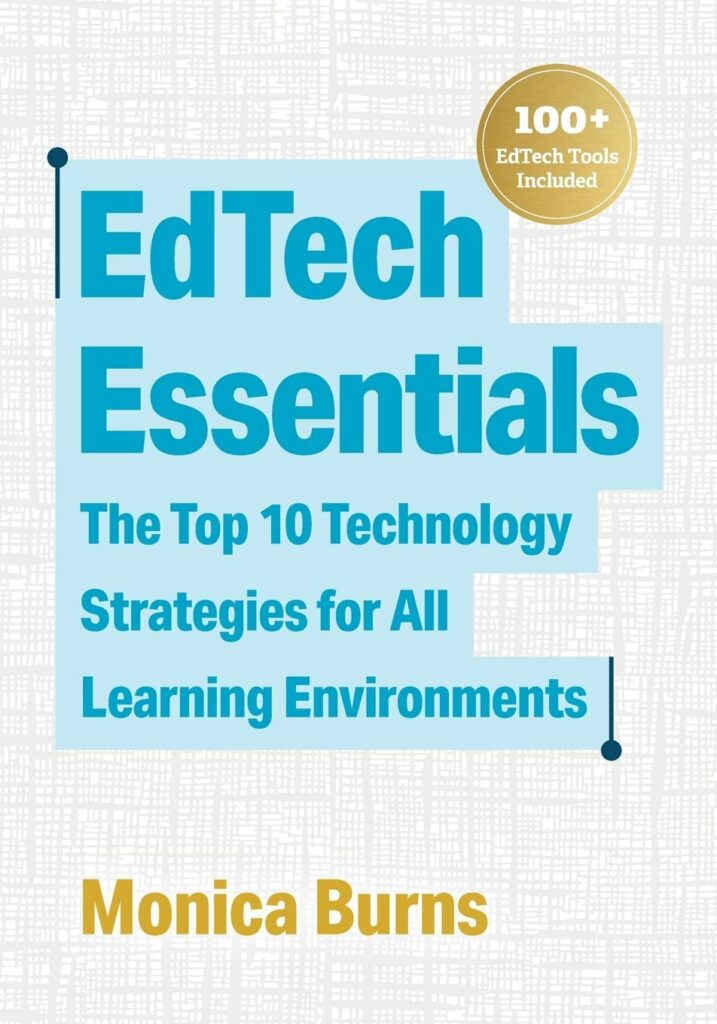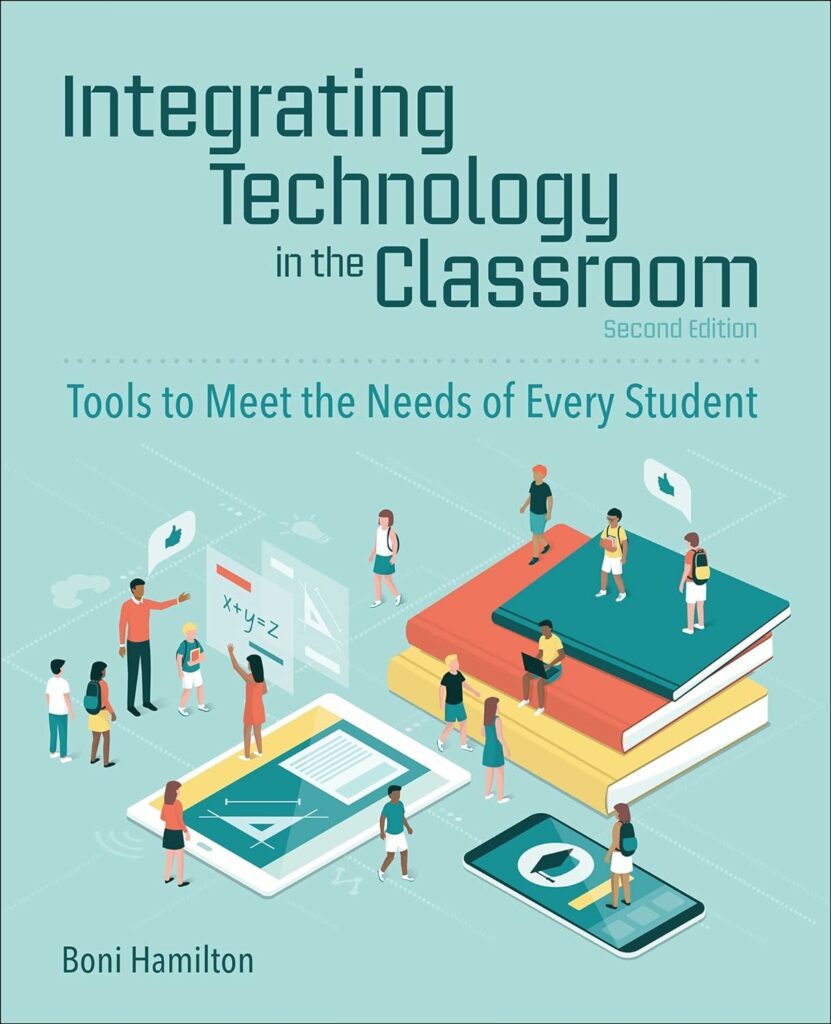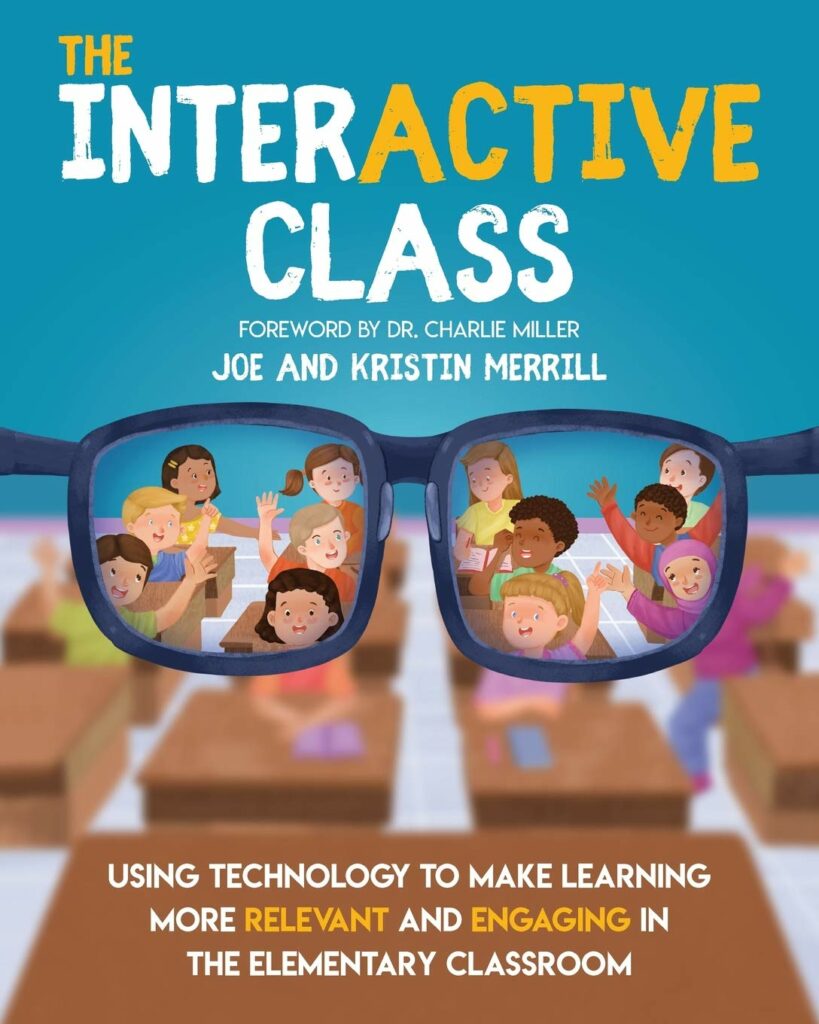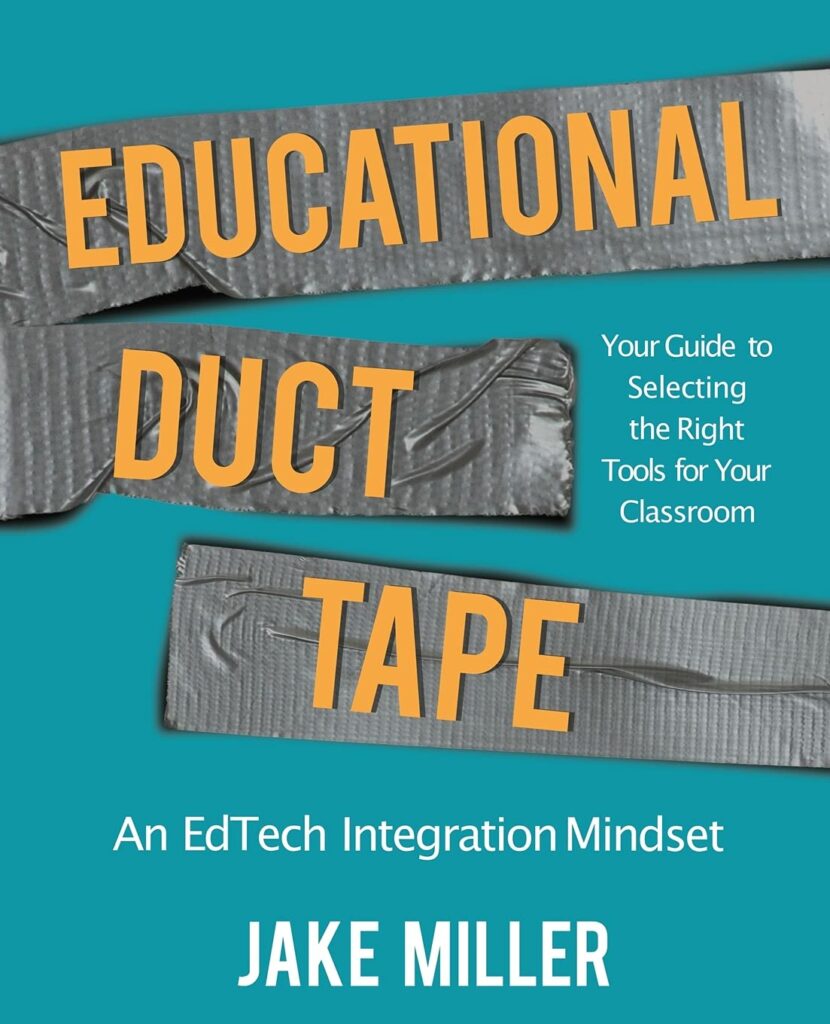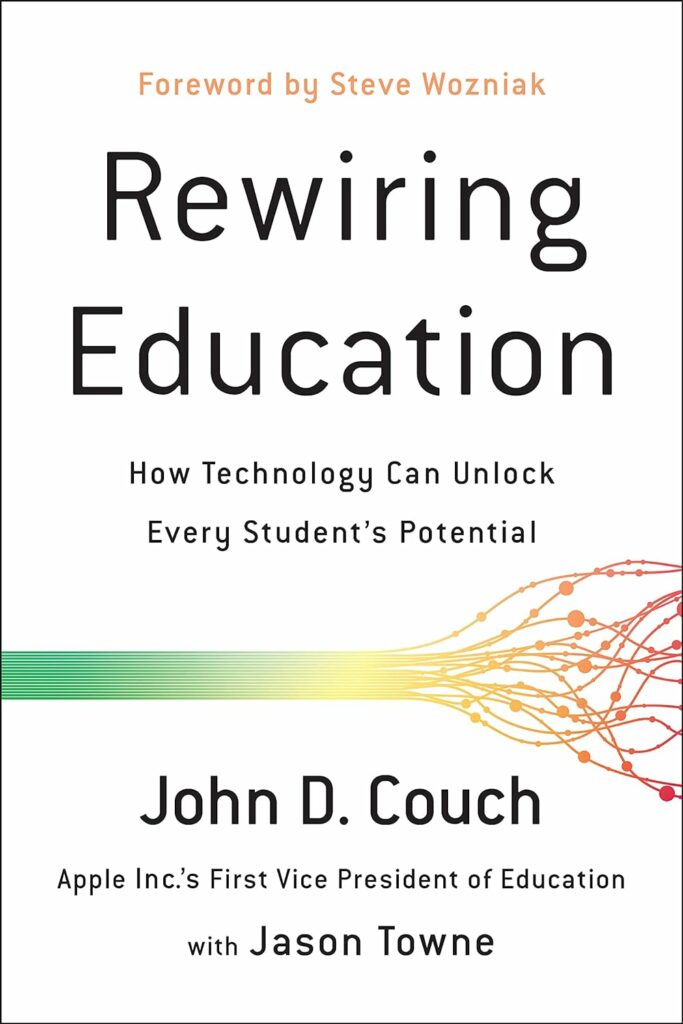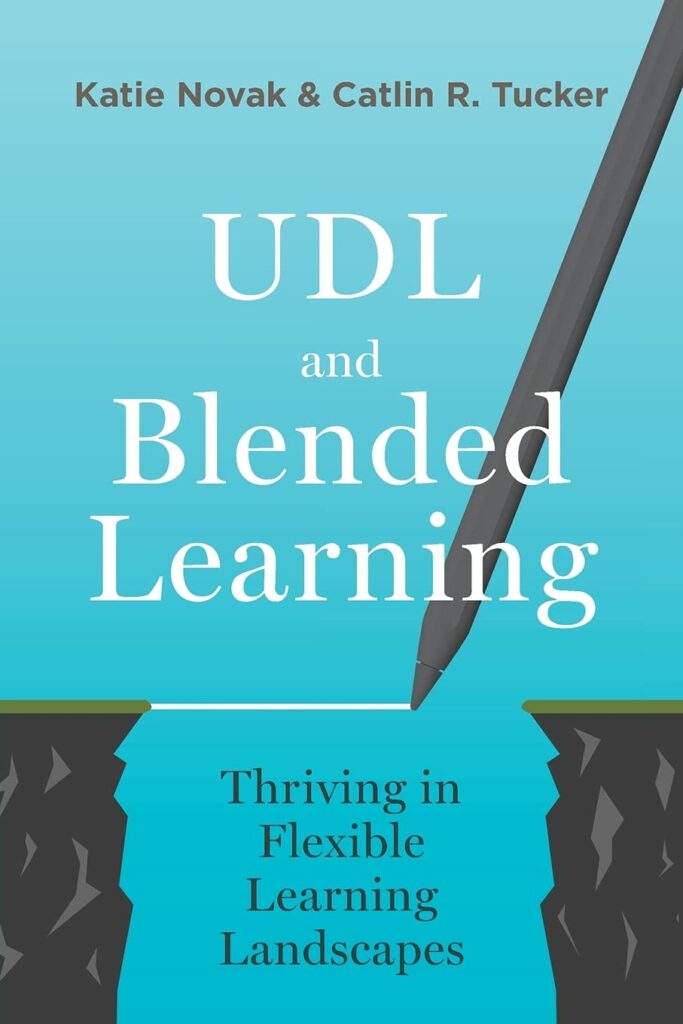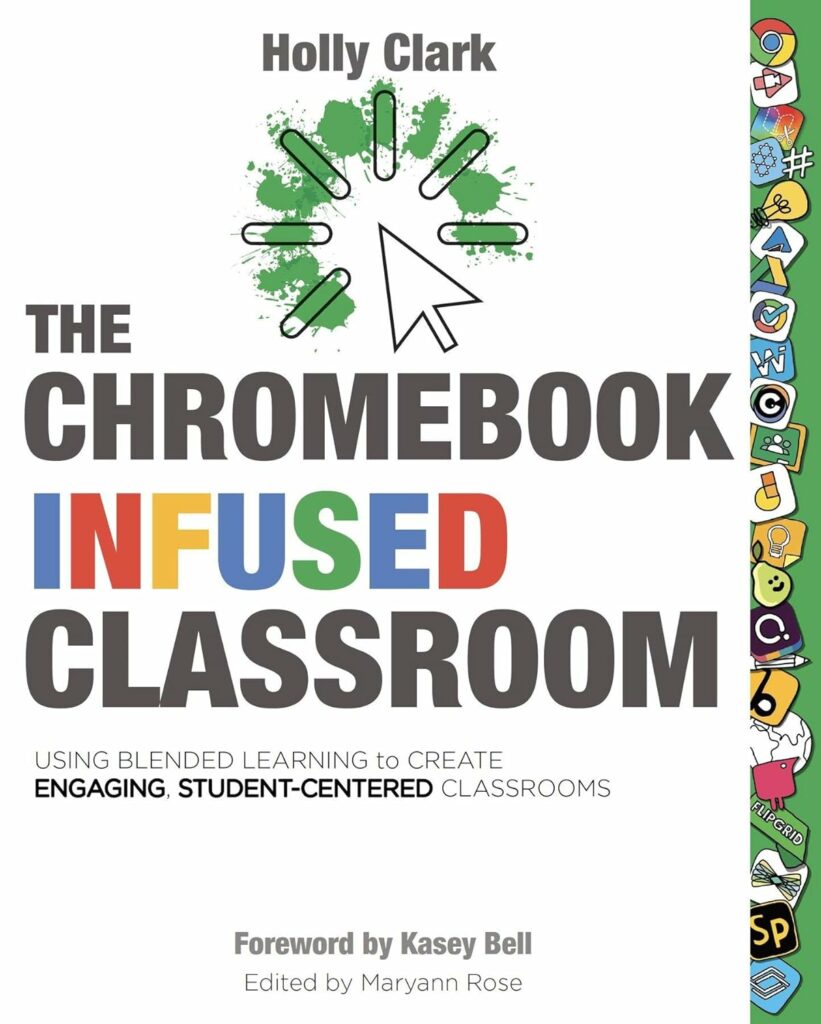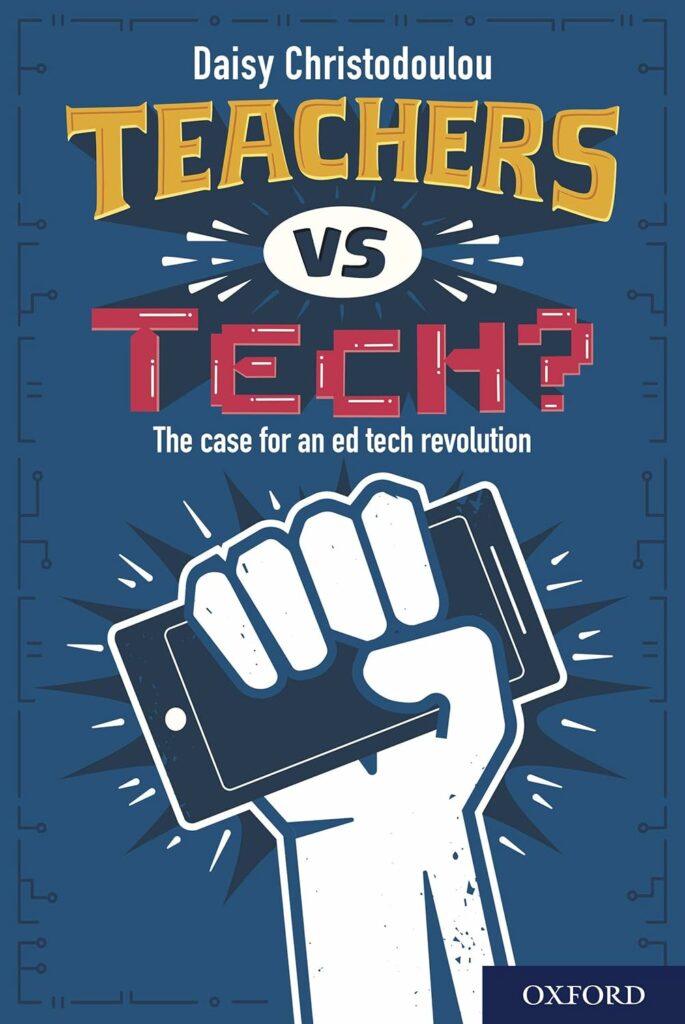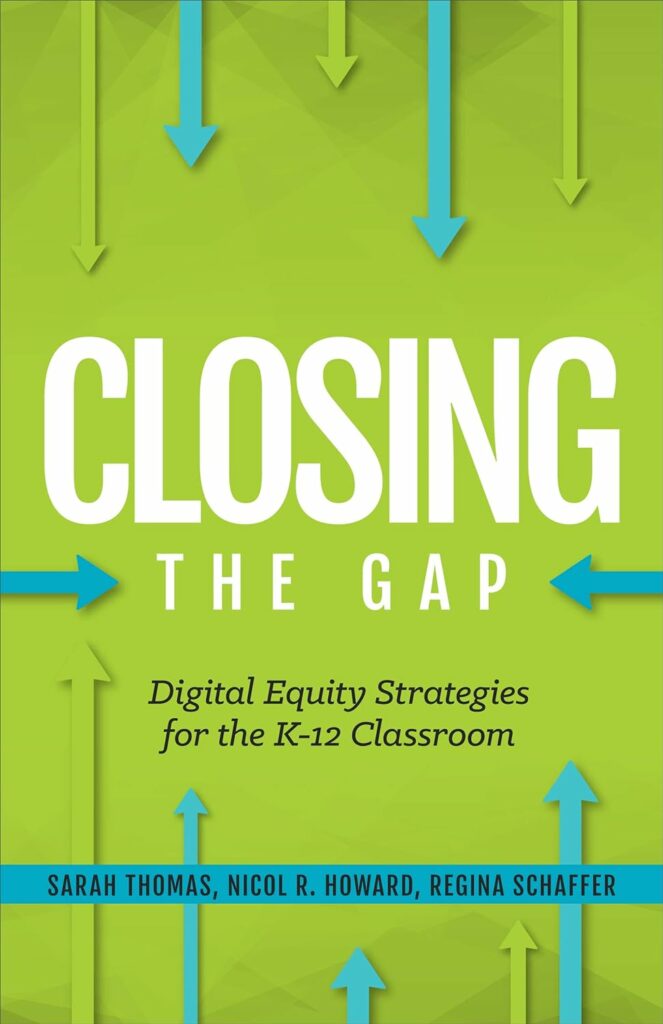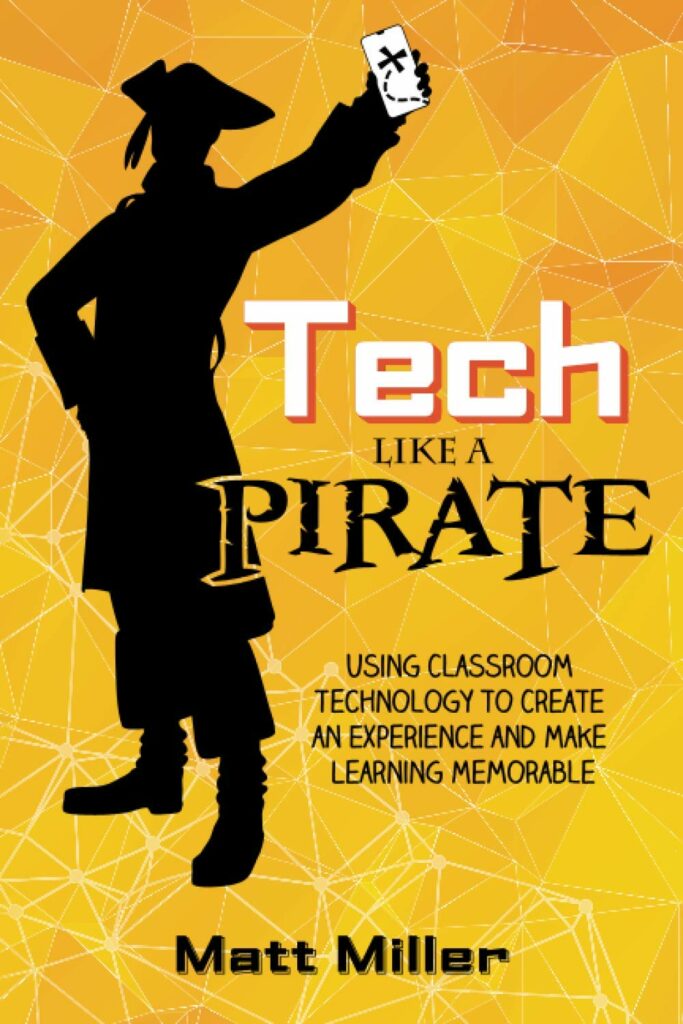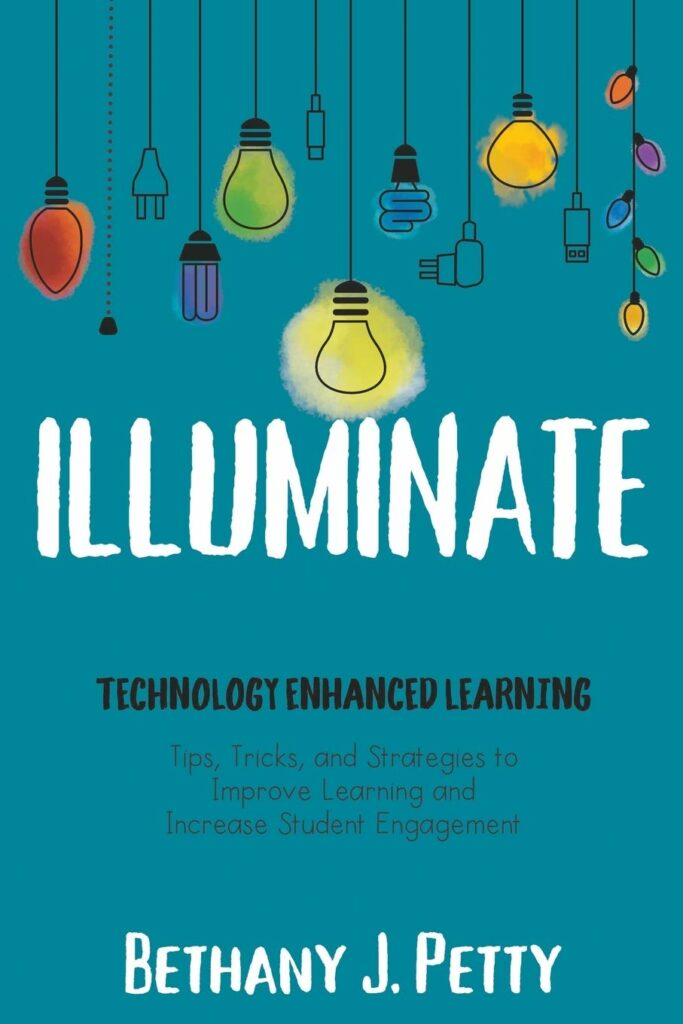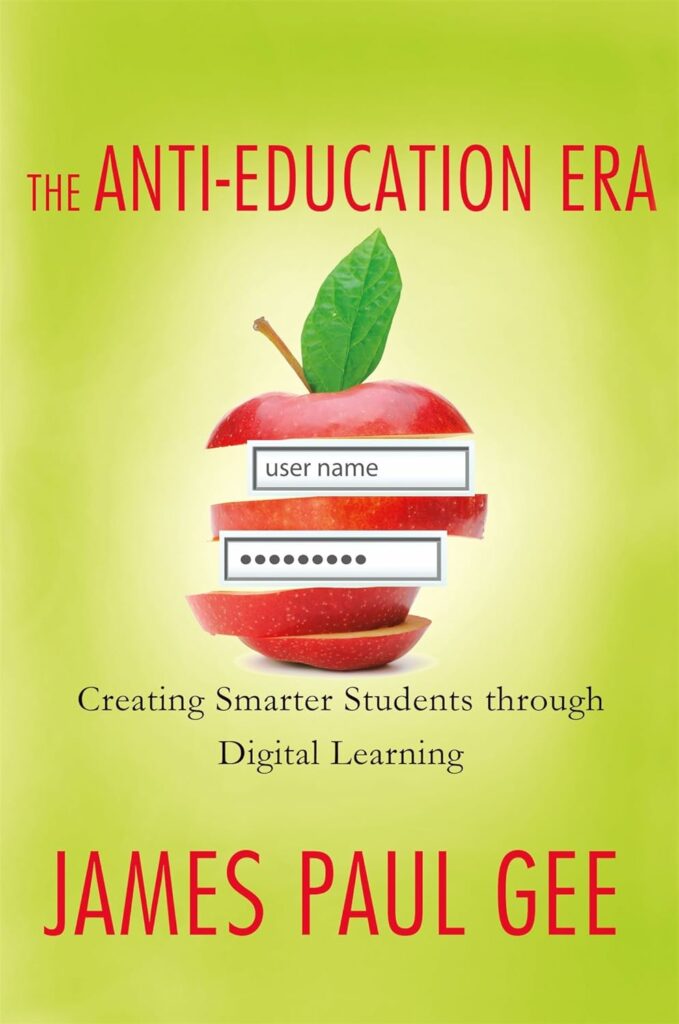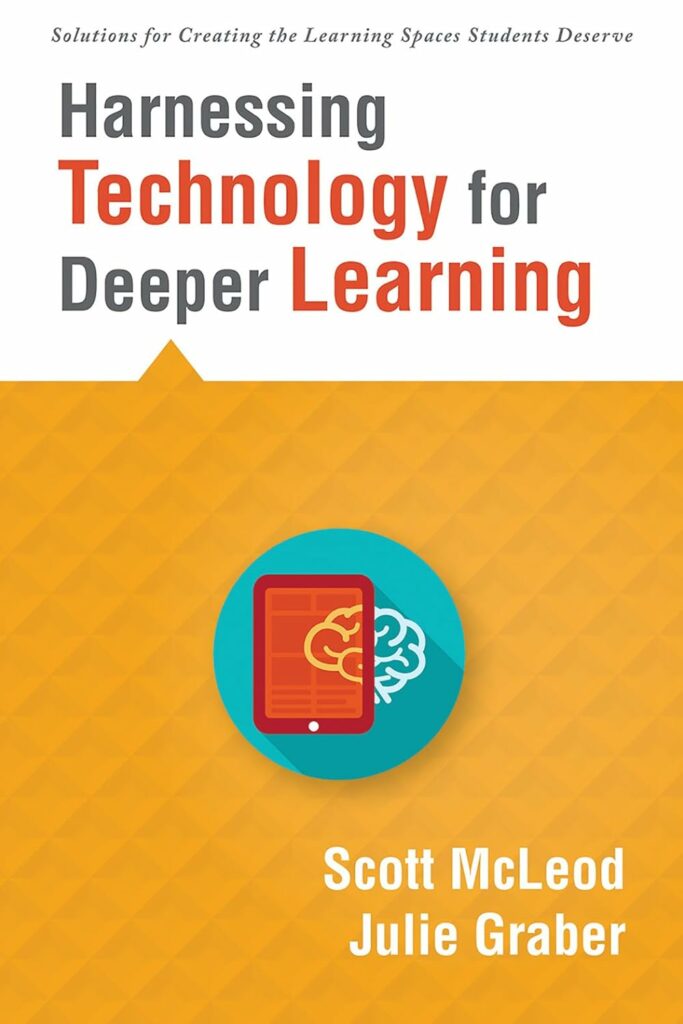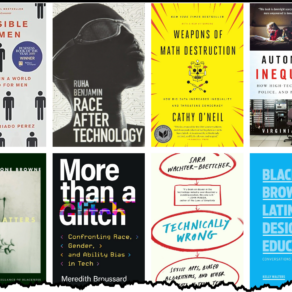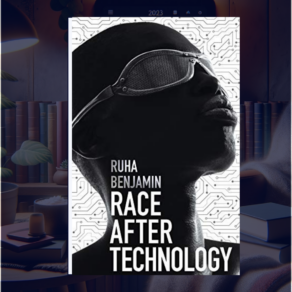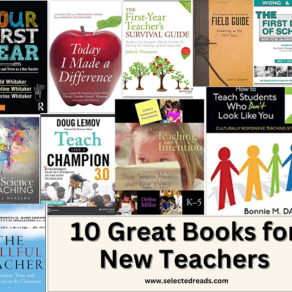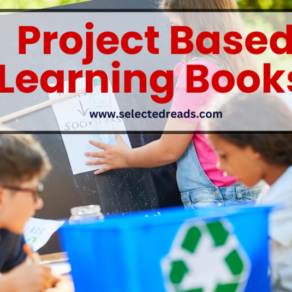With the rapid growth of digital tools and resources, it’s essential for educators to stay informed and adept at integrating technology into their teaching practices. This is where the right selection of books can make a significant difference. In this blog post, we delve into a curated list of must-read books for educators who are passionate about harnessing the power of technology in their classrooms.
These books offer a wealth of knowledge and insights. They cover a broad spectrum of topics, from integrating technology in diverse learning environments to leveraging digital tools for deeper learning and student engagement. Whether you are a tech-savvy educator looking for advanced strategies or a newcomer to the world of edtech seeking foundational knowledge, these books provide valuable guidance.
EdTech Books
Here are our top picks for best EdTech books:
1. Edtech for the K-12 Classroom, by ISTE
In “Edtech for the K-12 Classroom, Second Edition,” ISTE provides an insightful guide for educators to harness technology in the classroom effectively. This edition is rich with real-life stories from educators who demonstrate how to implement edtech in ways that align with the ISTE Standards. The book offers a comprehensive view, covering everything from research-based teaching methods with technology to the integration of emerging technologies like virtual reality and AI. It’s an essential resource for educators seeking to create more innovative and problem-solving learning experiences, ensuring equity and inclusion in technology use.
2. EdTech Essentials: The Top 10 Technology Strategies for All Learning Environments, by Monica Burns
Monica Burns’ “EdTech Essentials” is a practical, reader-friendly guide that demystifies the vast world of educational technology. Burns, an experienced EdTech consultant, focuses on the top ten essential strategies for effectively using technology across various learning environments. She addresses the challenges educators face in digital spaces, both in distance learning and traditional settings, providing clear guidance on navigating through an overwhelming array of digital tools and offering insights on fostering best practices in online classroom learning.
3. Integrating Technology in the Classroom: Tools to Meet the Needs of Every Student, by Boni Hamilton
Boni Hamilton’s “Integrating Technology in the Classroom” offers a unique perspective on the use of technology in education. Recognizing that every teacher has distinct skills and experiences, Hamilton presents an array of technology tools and projects tailored to different teaching styles and contexts. This book is particularly valuable for educators looking to enhance their technology skills and adapt them to their teaching style, all while focusing on achieving substantial academic growth in their students.
4. The Interactive Class, by Joe Merrill, Kristin Merrill
“The Interactive Class” by Joe and Kristin Merrill is a treasure trove of ideas for elementary educators seeking to revitalize their teaching methods. This book offers a practical framework for integrating technology into the classroom, making learning more engaging and relevant. The Merrills, both experienced classroom teachers, share a wealth of implementable lessons and strategies, addressing common challenges in technology integration and content standards. This book is an excellent resource for teachers aiming to create a more dynamic and interactive learning environment.
Related: Race after Technology Summary and Discussion Questions
5. Educational Duct Tape, by Jake Miller
Jake Miller’s “Educational Duct Tape” introduces an innovative mindset for integrating educational technology. Miller likens edtech to duct tape, a versatile tool that can be used creatively to solve a variety of problems in the educational setting. The book offers practical advice and strategies for teachers to seamlessly integrate technology into their teaching, enhancing the learning experience. It’s particularly useful for educators looking to adopt a more adaptable and creative approach to using technology in their classrooms.
6. Rewiring Education: How Technology Can Unlock Every Student’s Potential, by John D. Couch
“Rewiring Education” by John D. Couch, with a foreword by Steve Wozniak, delves into the transformative potential of technology in education. Couch, drawing from his extensive experience in both education and technology at Apple, discusses how technology can revolutionize learning and teaching. The book showcases insights from the Apple Classrooms of Tomorrow research and its successor, ACOT 2, highlighting the impact of Challenge-Based Learning. Couch provides a visionary outlook on education, emphasizing the need for educational methods and technologies that cater to all students, including those facing academic challenges and high achievers.
7. UDL and Blended Learning: Thriving in Flexible Learning Landscapes, by Katie Novak, Catlin Tucker
In “UDL and Blended Learning” by Katie Novak and Catlin Tucker, the authors merge the principles of Universal Design for Learning with blended learning techniques. This guide offers educators practical strategies to create inclusive, adaptable, and engaging learning experiences for students in various environments. Emphasizing community building, equity, and accessibility, the book is a timely resource for navigating today’s shifting educational landscapes, ensuring that learning is relevant, authentic, and accessible to all students, regardless of the challenges.
8. The Chromebook Infused Classroom: Using Blended Learning to Create Engaging, Student-Centered Classrooms, by Holly Clark
Holly Clark’s “The Chromebook Infused Classroom” is a comprehensive guide for educators looking to effectively integrate Chromebooks into their teaching. The book focuses on blended learning strategies to create engaging and student-centered classrooms. It provides practical tips and insights for teachers at all stages of Chromebook adoption, from beginners to those looking to enhance their existing practices. Clark’s approach is centered on making technology a meaningful and effective component of the learning experience.
9. Teachers vs Tech?: The case for an ed tech revolution, by Daisy Christodoulou
“Teachers vs Tech?” by Daisy Christodoulou critically examines the role of technology in education. Christodoulou, leveraging her experience in the classroom and the education sector, explores the successes and shortcomings of educational technology. She addresses a range of topics from learning science and assessment to personalization and the importance of factual knowledge. The book offers a balanced view of the ed tech debate, presenting an informed vision for how technology and teaching expertise can synergistically improve educational outcomes.
10. Closing the Gap: Digital Equity Strategies for the K-12 Classroom, by Regina Schaffer, Nicol R. Howard, Sarah Thomas
In “Closing the Gap” by Regina Schaffer, Nicol R. Howard, and Sarah Thomas, the focus is on achieving digital equity in education. Part of the ISTE book series, it combines historical insights and practical strategies to address digital equity challenges in K-12 education. The authors, with their varied expertise, offer solutions for teacher preparation, in-service training, and instructional coaching. This book is an essential resource for educators and stakeholders committed to ensuring equitable access to digital resources and opportunities for all students in diverse educational settings.
11. Tech Like a PIRATE, by Matt Miller
In “Tech Like a PIRATE,” Matt Miller presents innovative strategies for educators to use classroom technology creatively and effectively. This book is a guide for teachers of all tech-comfort levels to create memorable and impactful learning experiences using technology. Miller emphasizes that technology should be an asset, not a barrier, in education. He offers a set of customizable principles, practical examples, and a wealth of resources to help teachers electrify student engagement, even with limited resources. It’s an inspiring read for teachers aiming to innovate their classrooms with technology.
12. Illuminate: Technology Enhanced Learning, by Bethany Petty
Bethany Petty’s “Illuminate” offers educators a straightforward, impactful guide to integrating technology into the classroom. The book is structured into ten accessible chapters, each filled with actionable ideas that teachers can implement immediately. Petty, an experienced educator and technology trainer, shares her insights on how technology can be used to enhance students’ learning experiences, making this book a valuable resource for teachers looking to make their lessons more dynamic and engaging with the use of technology.
13. The Anti-Education Era: Creating Smarter Students through Digital Learning, by James Paul Gee
James Paul Gee’s “The Anti-Education Era” explores the complex relationship between digital learning and modern education. Gee warns of the potential pitfalls of new e-media in classrooms and advocates for synchronized intelligence—a harmonious blend of human creativity with digital tools. He discusses strategies for parents, educators, and policymakers to overcome the limitations of current educational systems. This book is a critical examination and a call to action to harness digital learning effectively for solving global challenges and enhancing educational experiences.
14. Harnessing Technology for Deeper Learning, by Scott McLeod, Julie Graber
Scott McLeod and Julie Graber’s “Harnessing Technology for Deeper Learning” is a concise guide to transforming classrooms with educational technology. The book provides educators with a clear framework for integrating digital tools in a way that promotes deeper, personalized learning. McLeod and Graber offer practical strategies and insights for overcoming common implementation challenges and reshaping instruction. Their focus is on creating learning experiences that are meaningful and engaging, making this book a vital resource for educators looking to enhance their teaching with technology.
Related:Best Books on Race and Technology
Final thoughts
The EdTech book I share above offer a unique perspective on educational technology, equipping educators with the tools, strategies, and inspiration needed to navigate the dynamic world of digital learning.
The common thread among these works is the unwavering belief in the transformative power of technology in education. From creating engaging and memorable learning experiences to addressing the challenges of digital equity, these authors provide a roadmap for educators to follow. They remind us that technology, when used thoughtfully and creatively, can be a formidable force in enhancing the educational journey of our students.



